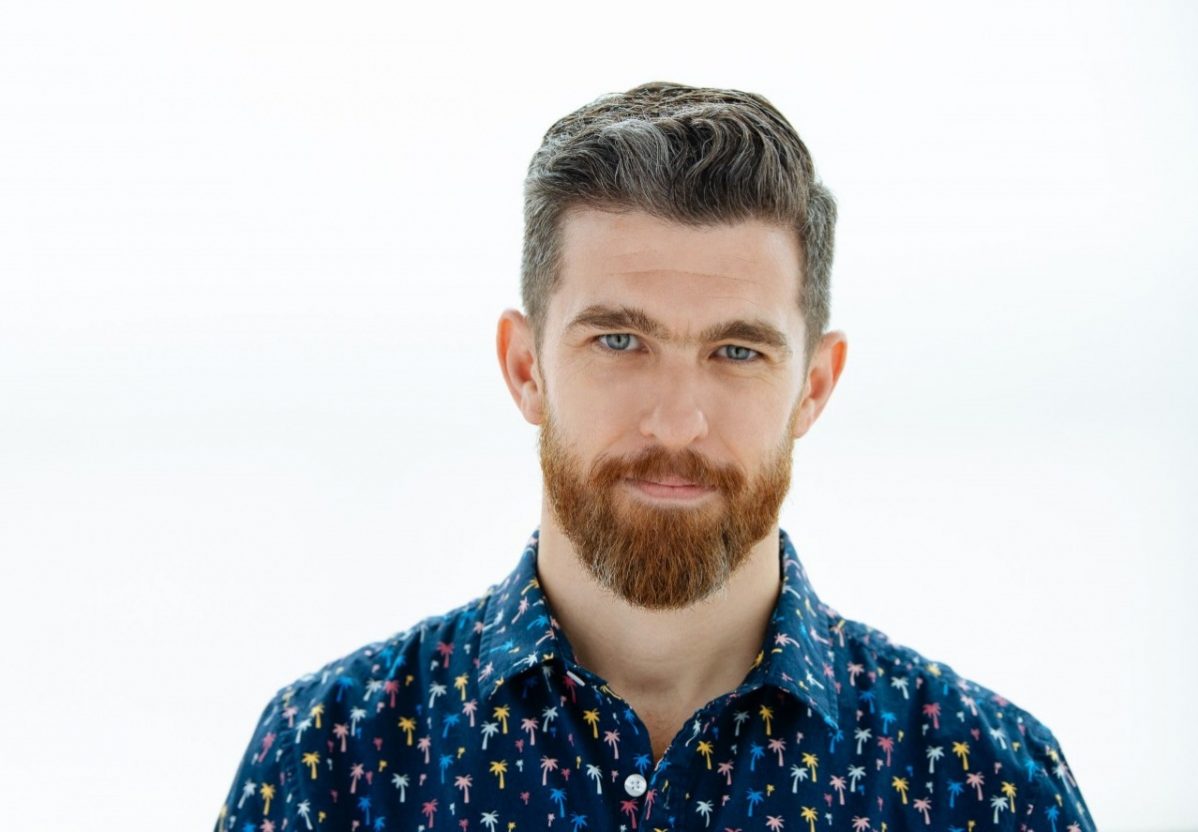By Maud Weaver
Among the concerns, struggles, and adaptations to online schooling, two professors discuss if George Brown College has been doing enough to manage the situation.
“I always joke that you can’t beat the commute,” says John Caffery, a GBC professor in the Community Worker program and Transitions to Post Secondary Program. Caffery also teaches at Seneca College.
“For somebody who teaches at two colleges, and teaches at them on the same day sometimes, I can teach at both of them and have a lunch break in my kitchen in between.”
Last March, professors struggled with the sudden need to move their courses online, but as the pandemic endures, it is less about struggle and more about adapting.
“I think I’m adapting,” says Caffery, “I think at times I felt a little flooded with learning new technology and new tools.”
Mandy Bergman, who works in the School of Liberal Arts as a general elective professor, currently teaching Deviance and Society and Food and the City, seconds this statement.
“One of the things I find challenging is there is so much new technology and there are so many innovative things that you could be doing that it becomes overwhelming.”
Some of their primary concerns are with the students as they navigate technology, inaccessibility, and think about those in different time zones.
“I worry about my students. I worry about students who are in a different time zone, and that’s a huge problem right now,” says Bergman.
Bergman also brings up the story of a single mom she taught over the summer who did not have a computer and was trying to complete the course on her phone.
“I reached out to the college to say ‘Can you get her a computer?’ I went to my boss to say ‘Can you help get her a computer?’ And in the end, her church was able to get her a computer.”
Issues with teaching online continue to appear for professors, as even with all the technology it is difficult to fully engage with students as you cannot read the room or notice which students need more assistance.
“That’s the thing that’s really hard. Being able to support the students that don’t ask for help, and there’s many people that don’t ask for help,” says Bergman.
Caffery says that, as someone who is personally and professionally oriented to community work, this affects him on a personal level.
“I’m in that line of work because I like working with people and I’m a social person and I think I have a lot of skills that area,” said Caffery. “So the nodding heads, the confused faces, that all helps me as an educator understand my pacing, whether I should stick on an idea and explain it further, or move on because everyone gets it and they’re bored.”
The College has tried to support its professors by putting lower caps on class sizes and offering paid professional development opportunities. Some departments have begun offering weekly teacher support groups.
“I appreciate how much money and people they’ve put into the [Teaching and Learning Exchange] to support everyone, and I’m amazed at the help desk and the IT people who are behind the scenes, and the work they are doing for supporting Blackboard and stuff,” Bergman says.
But there have still been issues. Bergman brings up a lack of transparency and cooperation with the union.
“From the beginning, I really do feel like the messaging was good and mostly positive. I think they weren’t transparent with the layoffs, and I think that’s problematic,” Bergman says “Was it enough? No, but I am impressed by the effort”
Professors’ personal and professional state of mind during COVID-19 affects students and their education. And Bergman and Caffery say despite their struggles, they are remaining positive.
“I really try to make space in my classes and working relationships to be authentic and real and vulnerable because I don’t think it serves any of us to pretend that we’re living our best pandemic life,” said Caffery.
“I think the pros outweigh the cons in terms of keeping people safe,” says Bergman.


